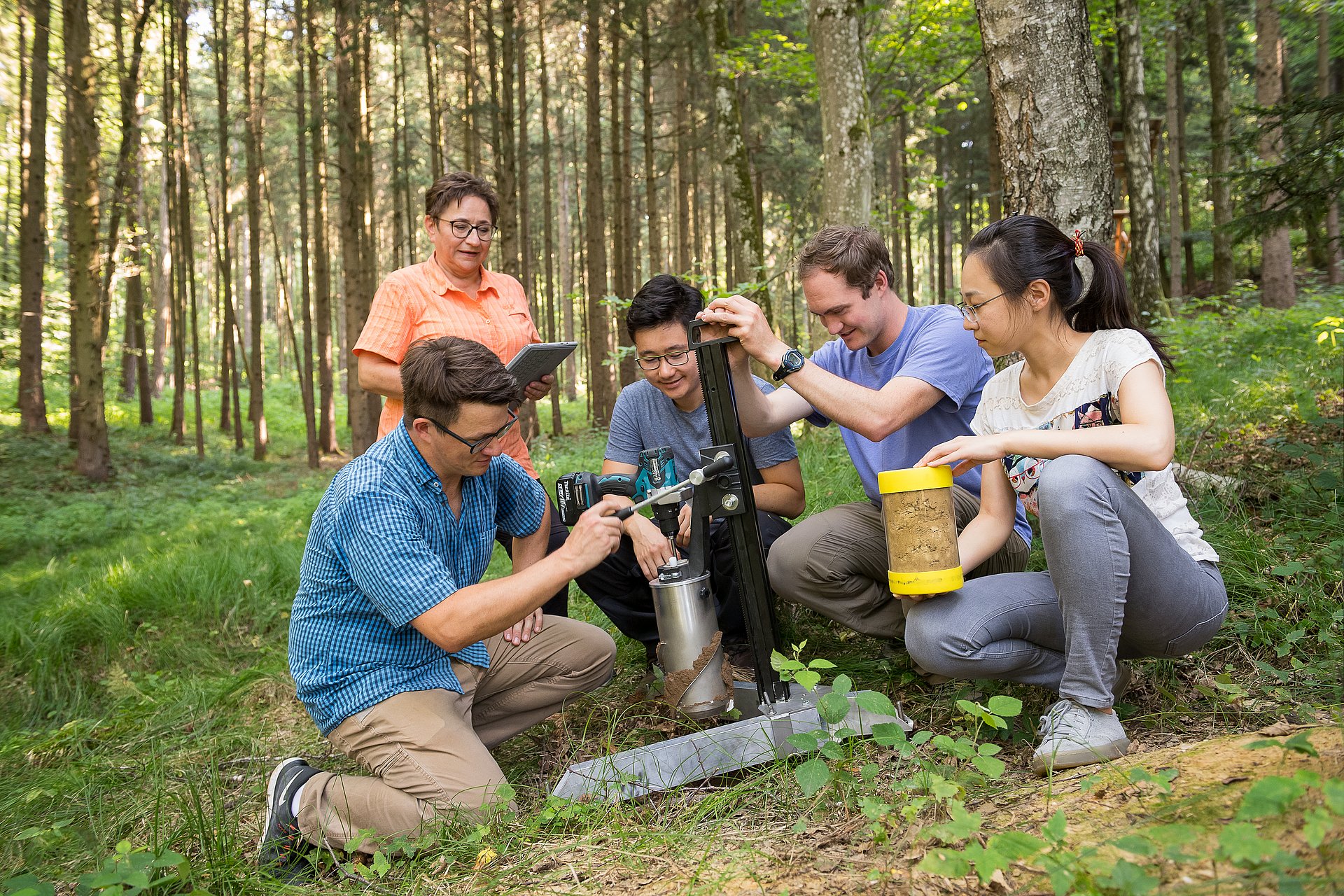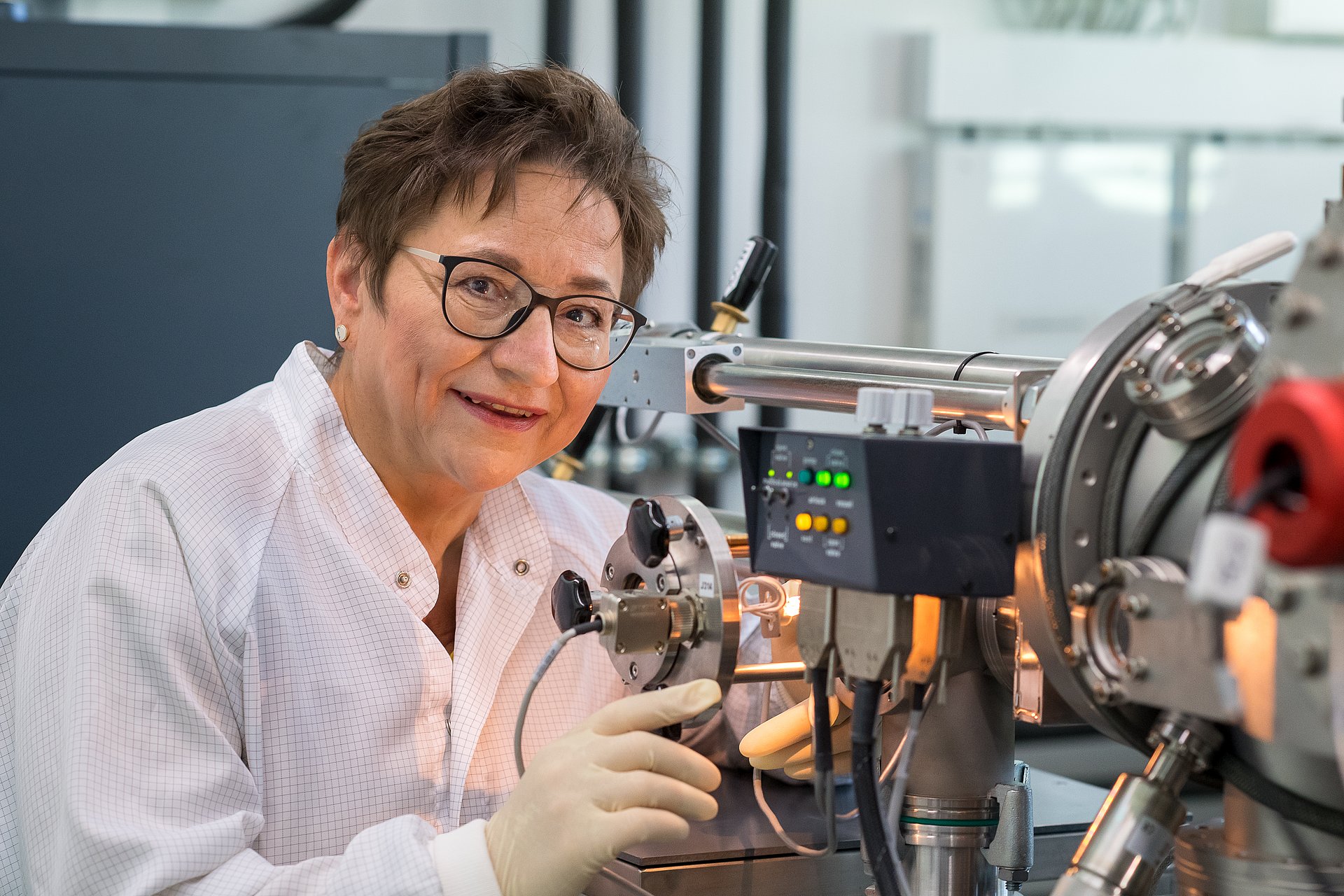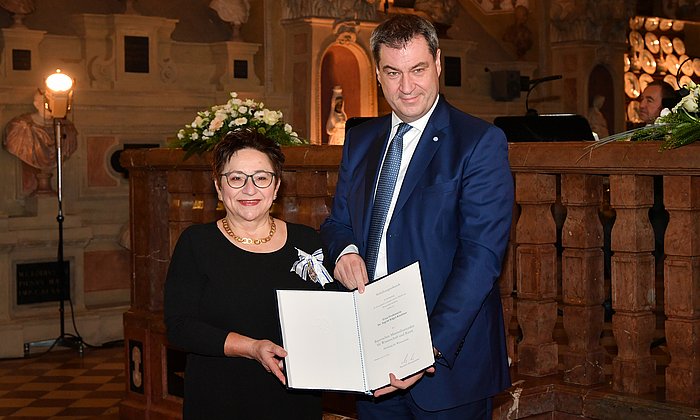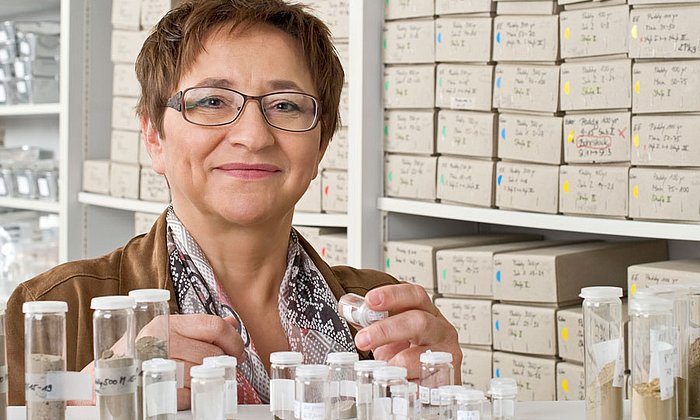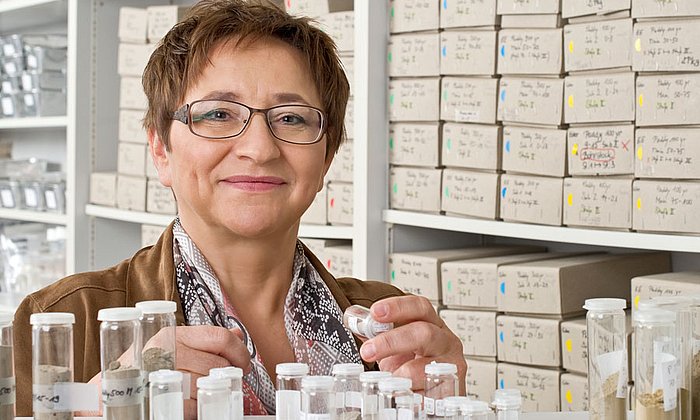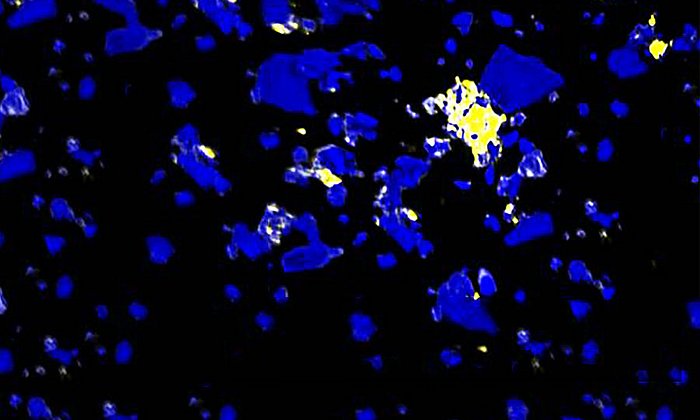Prof. Ingrid Kögel-Knabner honored for pioneering work in environmental protection
German Environmental Award for soil scientist
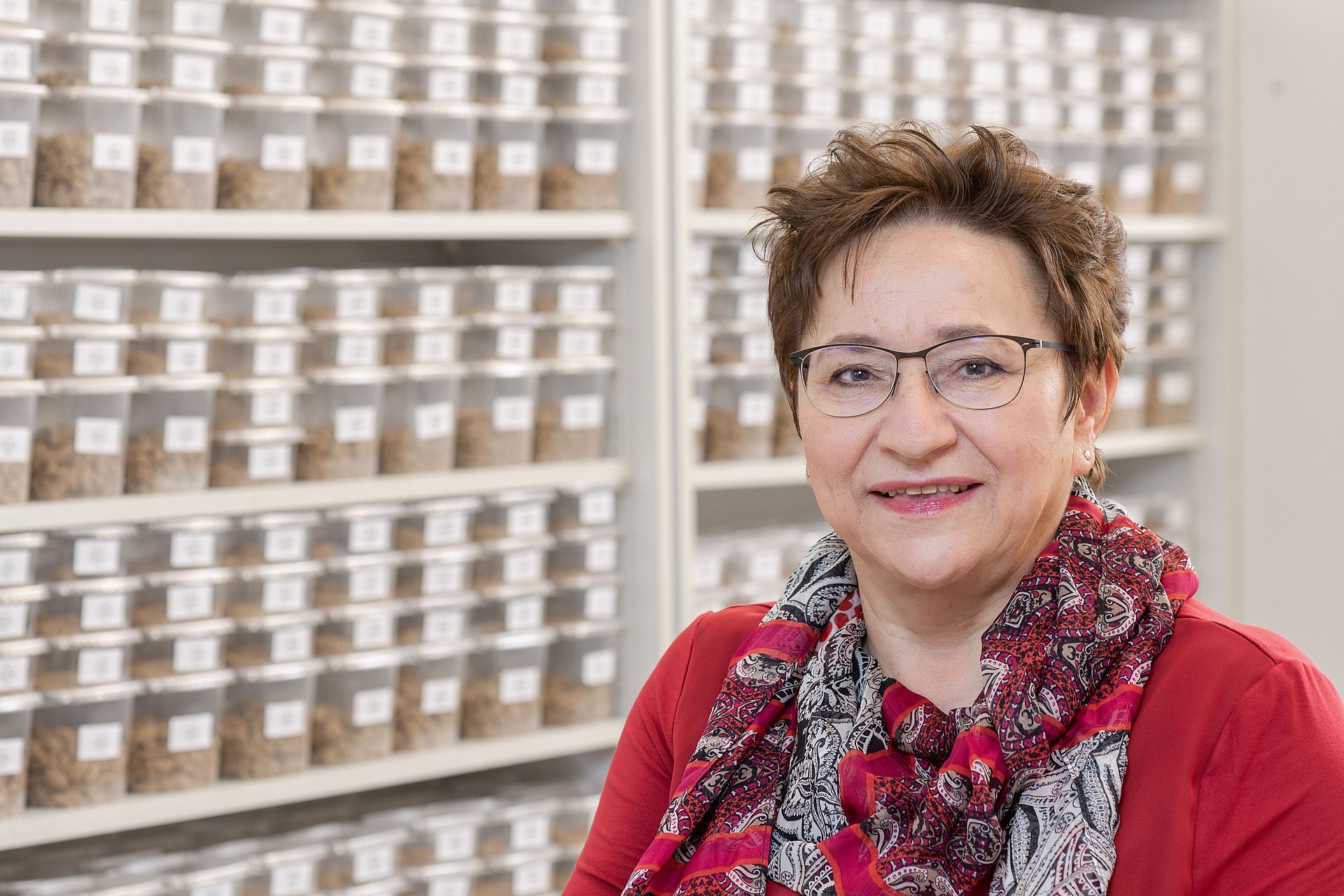
Prof. Ingrid Kögel-Knabner has won Europe's most richly endowed environmental award. Alexander Bonde, the Secretary General of the German Federal Environmental Foundation (DBU), noted the TUM scientist's "excellent research" and her success in highlighting "the enormous importance of soil as a storehouse for water and food, a source of life, a filter for contaminants and a guarantor for the world's food supply". She has raised awareness of the pivotal role of soil as an environmental medium – a role often underestimated in comparison to air and water. Bonde praised Kögel-Knabner as a "pacesetter in environmental protection" who has delivered pioneering solutions for the enormous ecological challenges of the present. On October 27, Ingrid Kögel-Knabner will be presented with the German Environmental Award by the German President Franz-Walter Steinmeier in Mannheim.
Soil as a carbon sink
A milestone in Kögel-Knabner's research is her work on the storage of carbon in soil. Carbon dioxide is absorbed by plants and fixed in the soil in organic compounds through various mechanisms. "Soils are important for absorbing atmospheric carbon dioxide," says Kögel-Knabner. Consequently, they play an important role for the climate – and the progression of climate change. However, soils also release the absorbed carbon dioxide when plants die and are broken down by microorganisms. Kögel-Knabner has studied the mechanisms by which the carbon held in decaying plant matter is retained in the soil. "This work has created an entirely new understanding of the ability of soils to store and absorb carbon," says Bonde. "She has found answers to the question of which soils are most suitable for sustainable carbon sequestration."
Preventive action against detrimental changes to soil
Soils are the habitat for plants, animals and organisms such as bacteria and fungi. Kögel-Knabner's research shows the importance of protecting soils as the foundation of biodiversity. Her results have made it possible to monitor changes in the soil, recognize it at an early stage and thus to take preventive measures. Using new technologies and highly sensitive instruments, Kögel-Knabner has "shone a light into the inner darkness of the Earth and made the soil nanocosmos visible," said Alexander Bonde. She has also helped to place German soil science at the forefront of this field of research.
-
The German Environmental Award honors achievements that play an exemplary role and inspire imitators. Outstanding research helps to identify environmental problems at an early stage and apply suitable strategies to mitigate them. With a cash prize of 500,000 euros, it is the most richly endowed environmental award in Europe.
-
Ingrid Kögel-Knabner has served as Chair of Soil Science at TUM since 1995. Along with her membership in several scientific academies, she is a member of the Bioeconomy Council of the German Federal Government, which recently completed its mission. She is regularly included in lists of the world's most highly cited researchers. Kögel-Knabner has received the Cross of the Order of Merit of the Federal Republic of Germany and the Bavarian Maximilian Order for Science and Art. In 2015 she was granted an honorary doctorate by the University of Natural Resources and Life Sciences in Vienna.
Technical University of Munich
Corporate Communications Center
- Lisa Pietrzyk
- lisa.pietrzyk@tum.de
- presse@tum.de
- Teamwebsite
Contacts to this article:
Prof. Dr. Ingrid Kögel-Knabner
Cair of Soil Science
TUM School of Life Sciences Weihenstephan
Phone: +49 (8161) 71 - 5174
koegel@wzw.tum.de
